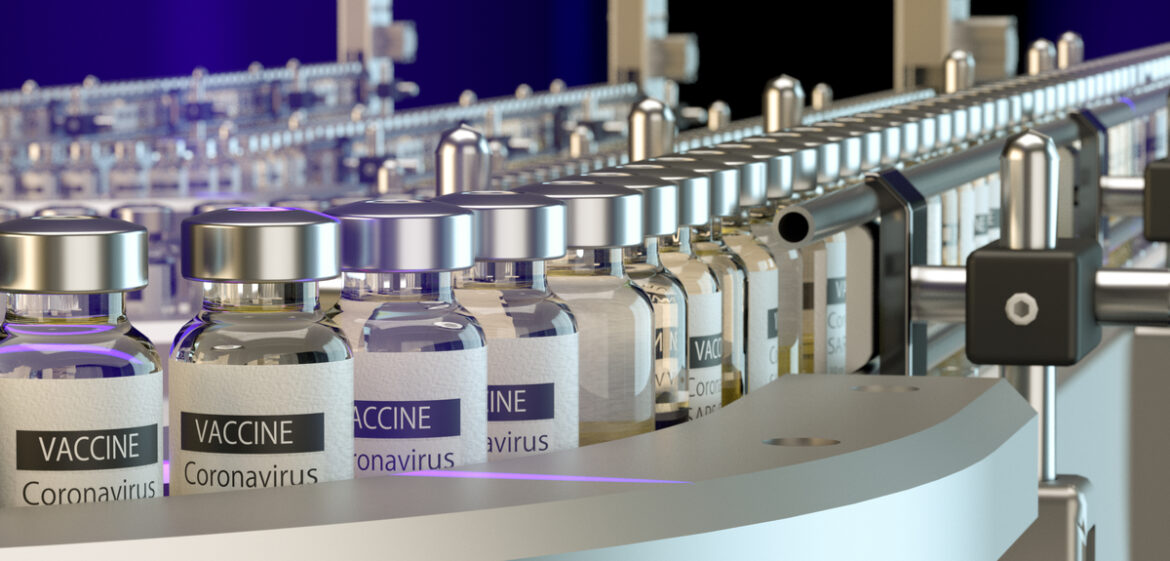By Iyemah David
Local vaccine manufacturers will have to rely on solar-powered generators as back-up, pending when electricity situation will improve in the country.
The Minister of Health, Dr Osagie Ehanire, said this during the News Agency of Nigeria (NAN) ministerial forum in Abuja.
He was reacting to President Muhammadu Buhari’s position during visit to South Korea in October, where he expressed the country’s readiness to become a global hub for manufacturing and distribution of vaccines.
The president also called for speedy take-off of local production of mRNA vaccines.
While addressing the World Bio Summit 2022 too, Buhari again pledged commitment to the global response to known or emerging pathogens, including the global vaccine assurance ecosystem and equitable access for all.
These were after the World Health Organisation (WHO) selected Nigeria as one of six African countries to receive the technology needed to produce the vaccines.
The minister, who explained that government had done a lot in trying to manage the electricity situation in the country, emphasised that electricity is critical to vaccines production.
He added that “as far as vaccine is concerned, manufacturers will have to rely on backup power generators.
“President Muhammadu Buhari has done a lot of work in trying to get the electricity situation right.
“There are many layers of problems, like the generation of electricity which is not sufficient.
“But we have the Mambila and Kashimbila dams, which once activated and the various gas plants are working, they would generate more electricity than what we have now.”
The minister added that government was also working with Bio Vaccine Nigeria Limited, where it owns 49 per cent equity to start producing both routine and other vaccines in the country.
Ehanire also said “we start learning how to produce the mRNA vaccine, which is the main vaccine used for COVID-19.”
According to him, the African training for the mRNA technology is going on presently in South Korea, and there are Nigerian representatives there to acquire the technology.
He announced that the country would partner the Serum Institute of India to start local manufacturing of vaccines used in the country’s immunisation programmes.
He added that “we hope to start manufacturing some of the vaccines with Serum Institute of India and transfer the technology and skills to our people.
“We are talking of routine vaccines, the ones for the standard programme on immunisation, not COVID-19 vaccine,” he said.
The health minister also disclosed that government was working with the National Veterinary Research Institute (NVRI), Vom, Plateau, which has been producing animal vaccines since 1924.
“The vaccine with the mRNA technology is the same, just that the refinement is different.
“But there is a lot of knowledge and capacity there, which we are also looking at borrowing and getting the experience from that area to human vaccines,” he said.




